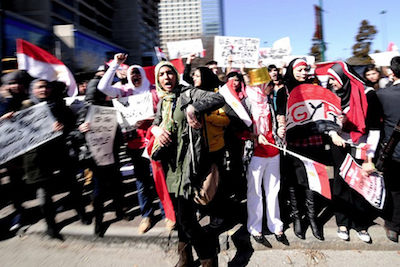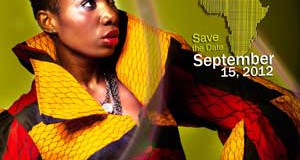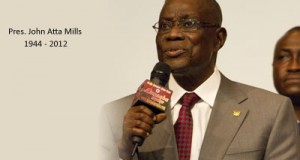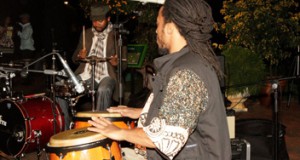During the course of this year 2011, the power of social networking took on a new problem – social injustic. It can now be said that the power of the pen is mightier than the sword. However in this case, it is the power of millions of key strokes on social networks like twitter and Facebook.
Currently, the Egyptians has managed to send their strongman, Hosni Mubarak packing. The Egyptian revolution was inspired by the successful ouster of former Tunisian President Ben Ali. What had looked as an impossibility only a few months ago is now a reality as the Egyptians are now under a caretaker military administration that will hopefully pave way for a democratically elected government in a few months. However, beyond the geo-politics and other issues, there are certain factors that made the Egyptian revolution possible. One of such factors is the availability of the internet and the social networks such as Facebook and Twitter.
With protesters following updates from friends abroad, they were able to keep pressure on the Mubarak administration to vacate office. The internet is one of the democratization avenues available to the citizenry. People are able to monitor events instantaneously and what happens in one part of the world becomes known to billions of people across the world in a matter of seconds. The internet has also acted as avenue for democratization – voice of the people. For instance, the George W.Bush’s page on wikipedia has been edited about 50,000 times. In the era of hard paper; it is unlikely that such a large number of people will have been able to edit the script that defines a historical moment or account.
The other major factor for the Egyptian revolution was the army of unemployed youth. Having graduated with their shiny degree diplomas, the youth suddenly found that there were no adequate employment opportunities, after having been told to work hard so to secure a good job and future. When in reality. it appeared that many graduates either unprepared for the job market or there were no jobs available. In truth, many young people the world over will have to undergo some form of apprenticeship before they can be employed. This can take the form of management trainee, intern, graduate trainee etc .It also appropriate that the African governments ensure that the youth are actively engaged and are not idle. Being unemployed can create a sense of low self worth in individuals. The same elements were put into play across the border with Libya. Although their were further aided by the West and Europe, the power of the millions of keystrokes once again proved mightier than the sword after the ouster of their leader.
In 2011, African spoke up for what they believed in and fought and died for a chance to have a brighter future amidst dictators who have mismanaged resources for years. This year Facebook and Twitter, the largest communication tools in the world were used to communicate, free the minds and rescue people for a better future. As we watch carefully, only two things come to mind – (1) which country is next and (2) can every country make democracy work for them through this means?
Send us your comments.
 PalavaHut | Online African Village News, Views and Interviews from the African Diasporas
PalavaHut | Online African Village News, Views and Interviews from the African Diasporas





